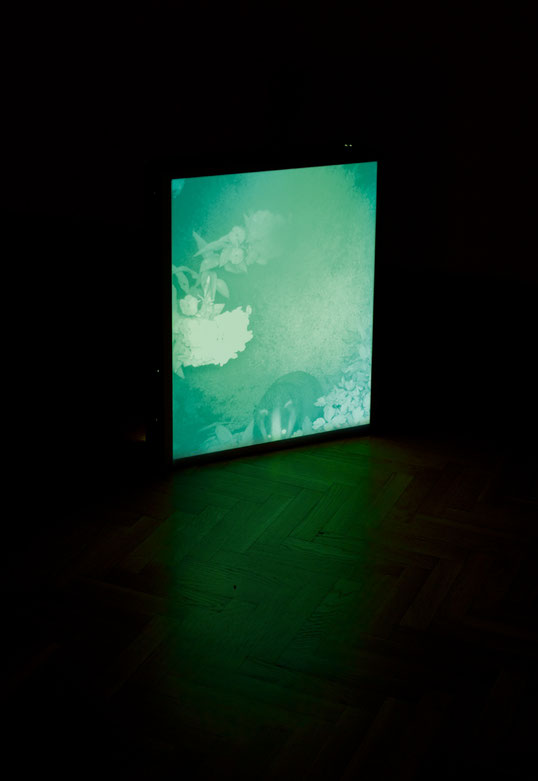
Wild animals are migrating. As woodlands and other natural habitats are increasingly destroyed by human interference, martens, foxes, raccoons, and other animals are leaving their natural environments. While roaming around, they often find shelter in cities, which offer a rich variety of food and safe places to hide..

While wild areas are being replaced by modern agriculture, housing, and commercial development, various structures in cities appear increasingly attractive to many animals. As a result, not only is the number of humans rising, but so is the number of animal inhabitants in Europe’s major cities. The larger the city, the higher its biodiversity. Typical synanthropic species, such as pigeons, rabbits, deer, and boars, generally adapt quickly to the new conditions, as they can enjoy tempting opportunities in the vicinity of humans.
On the other hand, living in such close proximity creates a new source of conflict between humans and animals, as they compete for limited space and resources. To maintain an overview, scientific researchers use so-called “photo trapping” to capture and document how populations change and spread.

Neon Shelter plays with the tension between artificiality and naturalness. It examines facets of the urban-rural relationship while also addressing migration, interactions among individuals, and the conquest of new living spaces.

Neon Shelter utilizes found footage of images depicting city-dwelling wild animals. Placed in old commercial light boxes, these images suddenly illuminate for a brief moment when passed by. With their proximity to advertising aesthetics and intense colors, the pictures undergo a strange transformation, offering an unusual perspective. Spectators now wander in the urban glow of neon light. Straying animals and people converge. The question of who is watching whom becomes uncertain. Observers become the observed, borders vanish.



